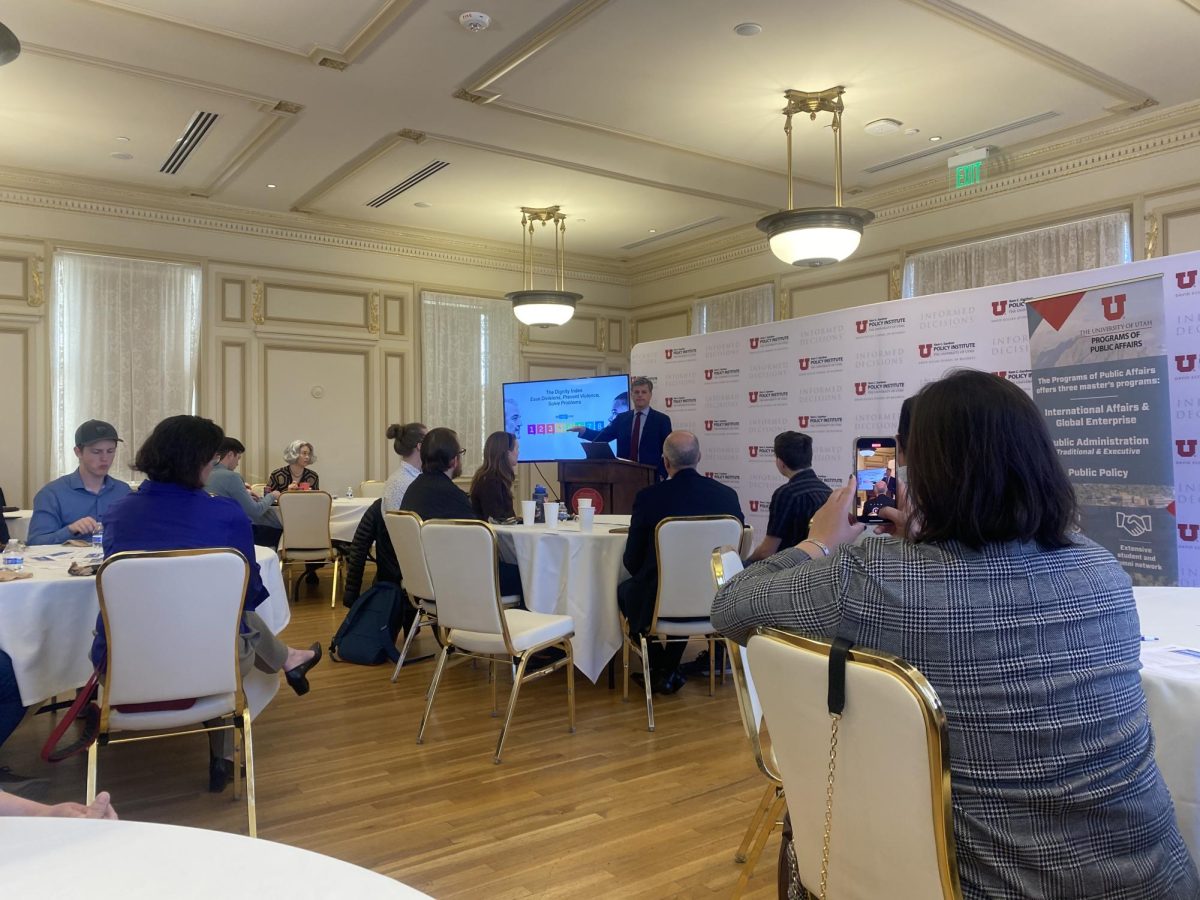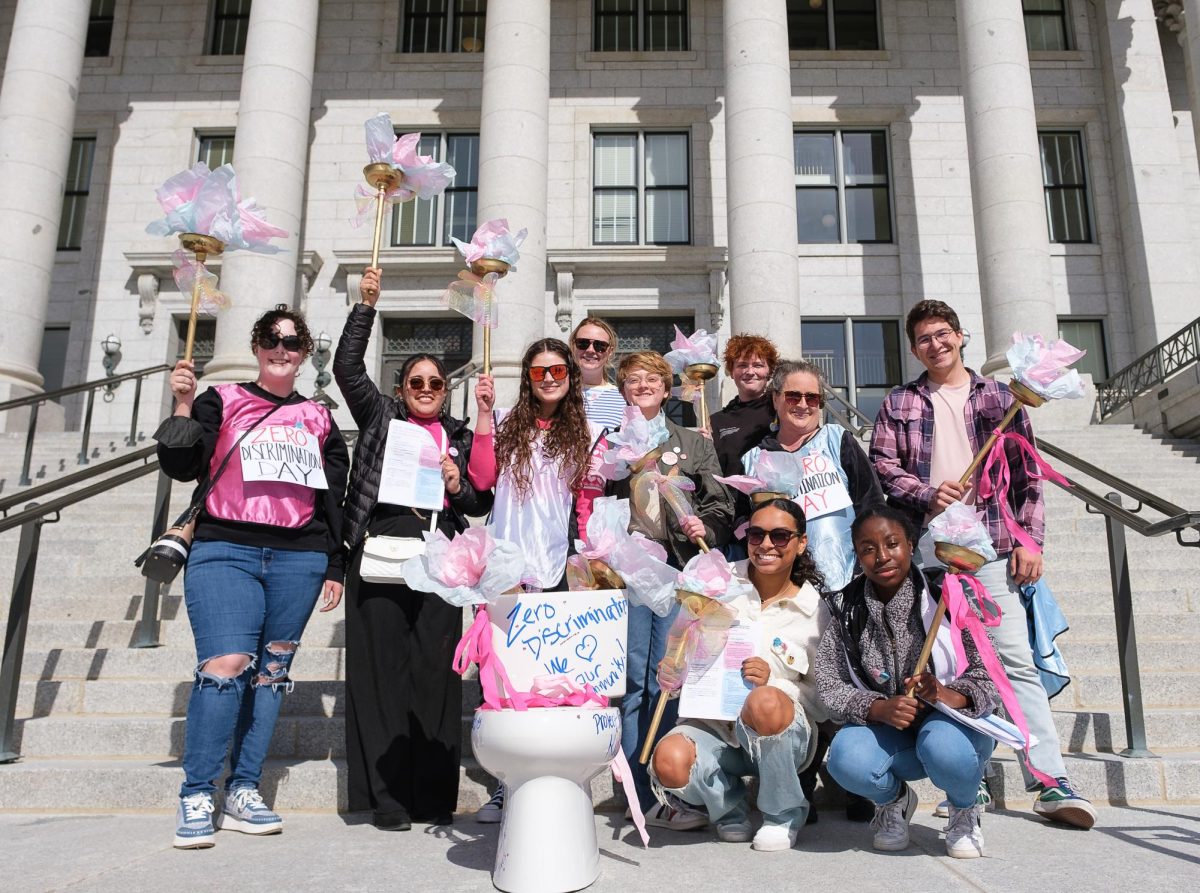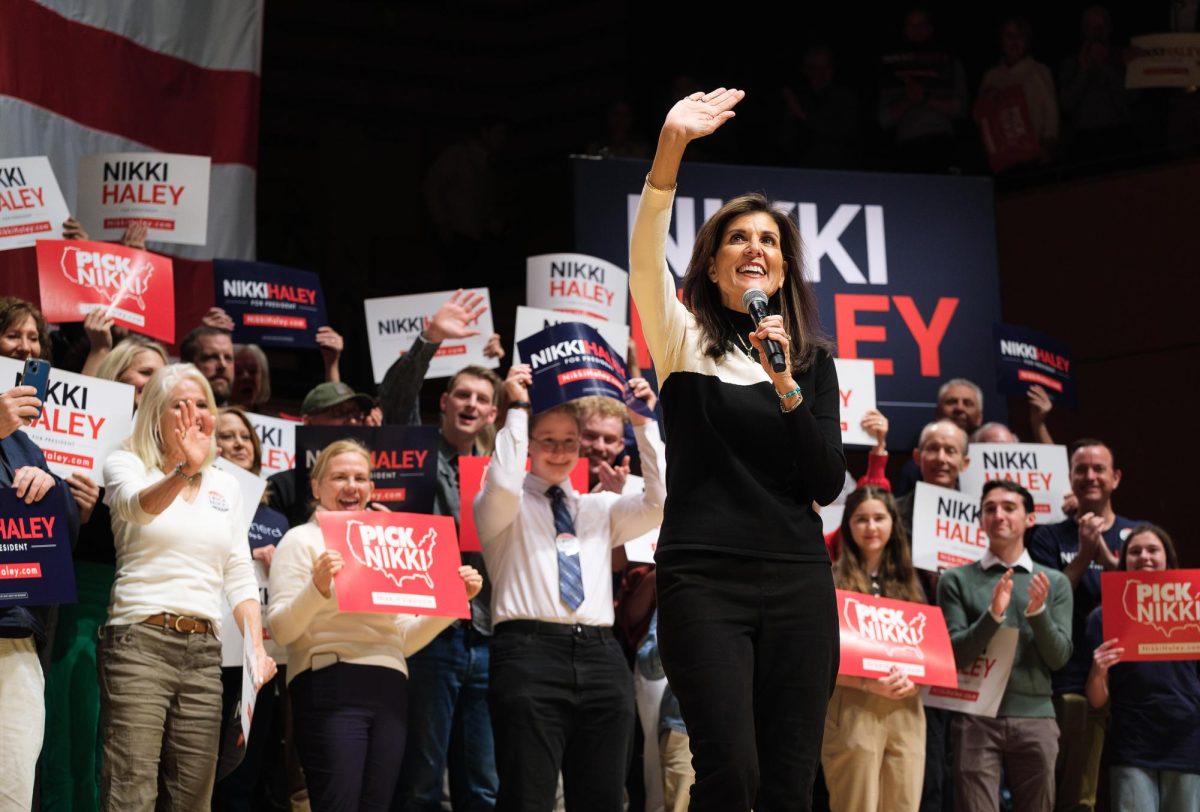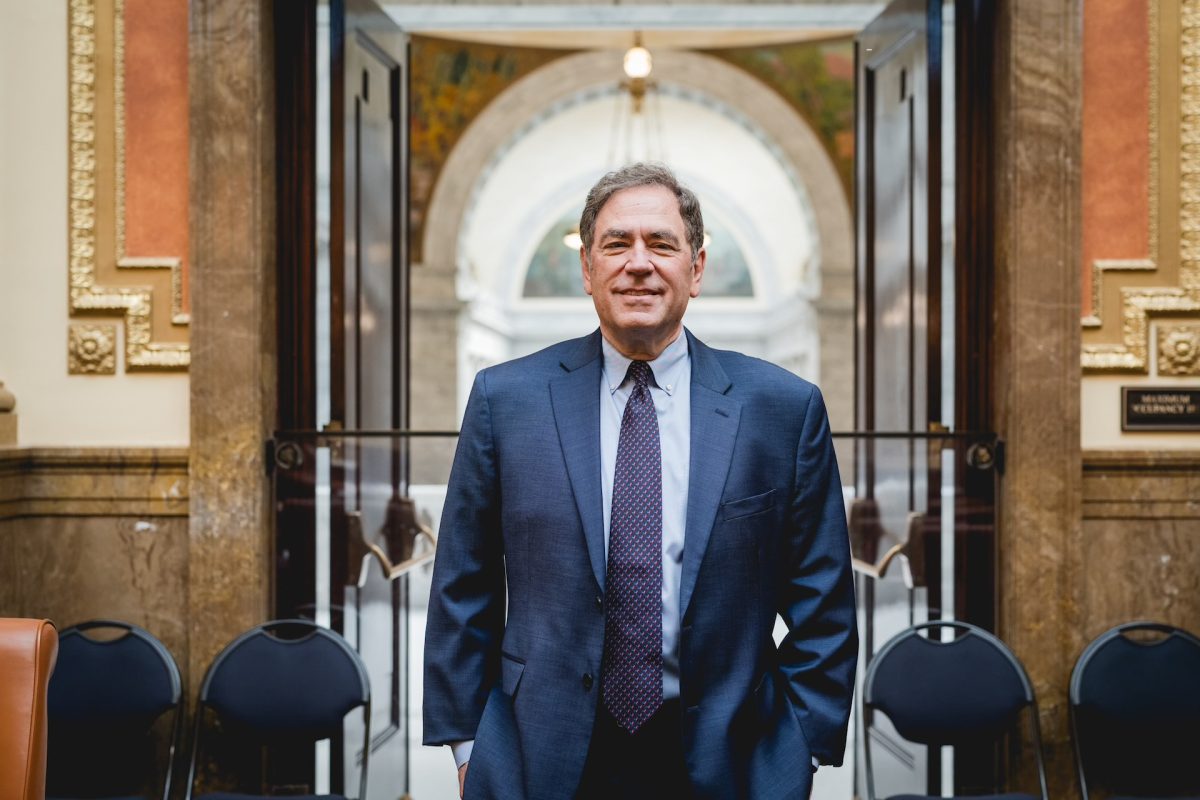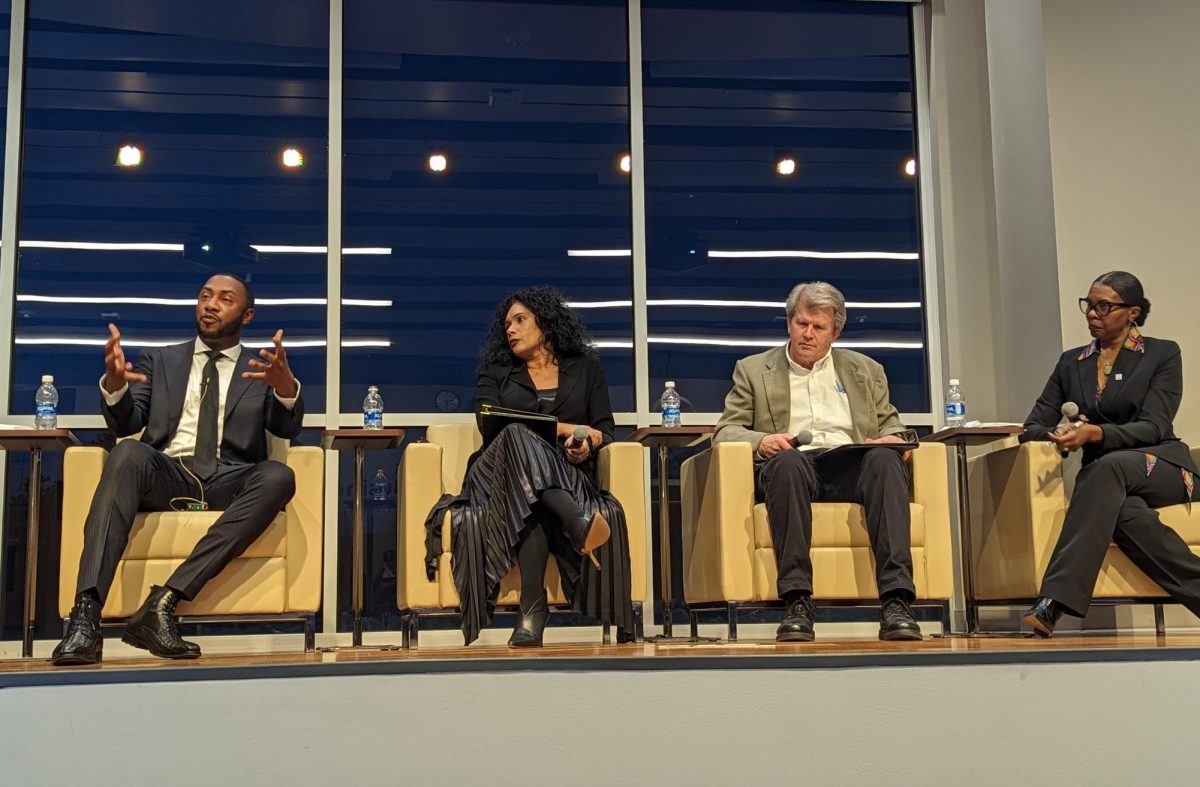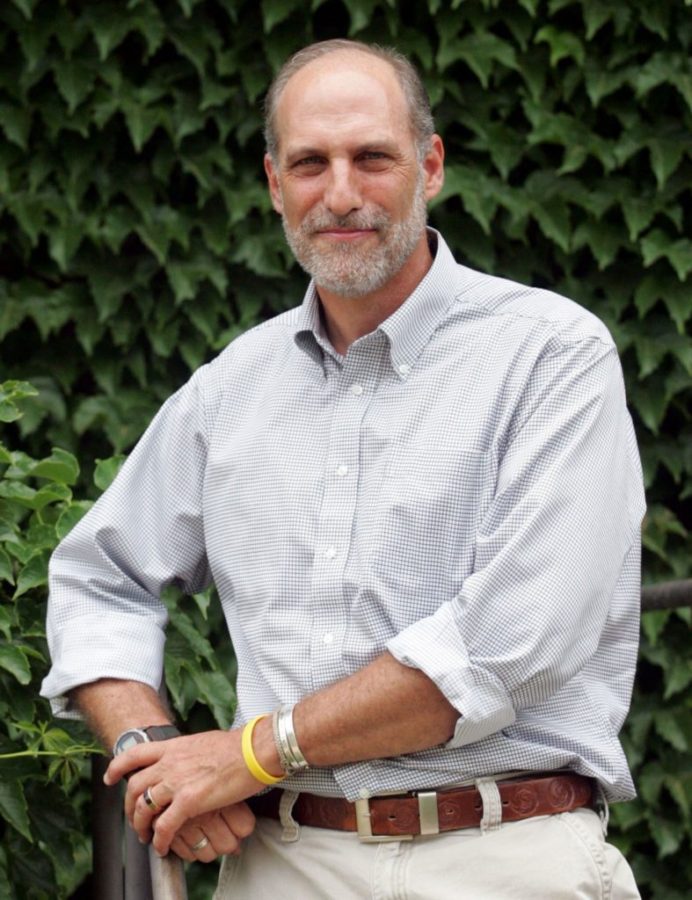From the claim that Hillary Clinton is a lizard-person to the suspicion that Ted Cruz is the Zodiac Killer, conspiracy theories made headlines throughout the 2016 presidential race. These theories have been fueled by fake news, much of which, as the Washington Post revealed in November, is believed to have been part of a Russian ploy to influence the elections in favor of President-elect Donald Trump. These stories spread like wildfire; one article was even shared by a former member of Trump’s transition team.
Humanities professor Robert Goldberg is teaching a class on conspiracy theories in Fall 2017 and is excited to incorporate the influence of the 2016 election and Trump’s presidency on the way conspiracy theories are perceived by Americans.
“Students will study conspiracy theories throughout American History,” Goldberg said. “Trump’s role as a significant figure in our politics and history will be discussed, specifically how he facilitates and encourages Americans to believe in conspiracy theories.”
Throughout his campaign, Trump frequently made claims that developed into conspiracy theories. He regularly called the election “rigged” and continued to question whether or not President Barack Obama was born in the United States, a theory Trump previously propagated during the 2008 presidential election.
“President-elect Trump frequently and briefly commented on or tweeted about conspiracies, but he rarely discussed them,” Goldberg said. “He was content to make accusations but never enunciated in detail how a conspiracy worked nor who were the conspirators.”
Goldberg aims to explore the roots and structures of conspiracies with students because he believes that as conspiracy theories become more widespread, it is increasingly important that the populace can identify them.
“I think that Trump enhanced conspiracy theorists’ credibility and profoundly affected Americans’ faith and trust in the key institutions of our society,” said Goldberg. “He also emboldened conspiracy theorists who weave plots without factual basis and with serious errors in logic.”
Goldberg hopes that his students, and by extension the general population, will try to think critically before taking information as fact.
“Conspiracies theories divide us as a people,” Goldberg said. “Americans must resist the conspiracy entrepreneurs among us by analyzing carefully what we read and hear. Seek sources that balance seemingly attractive conspiracy theories. We must call out those who attack our fellow Americans and spread dissension. We cannot give into our fears. That only makes us smaller than we can be.”














